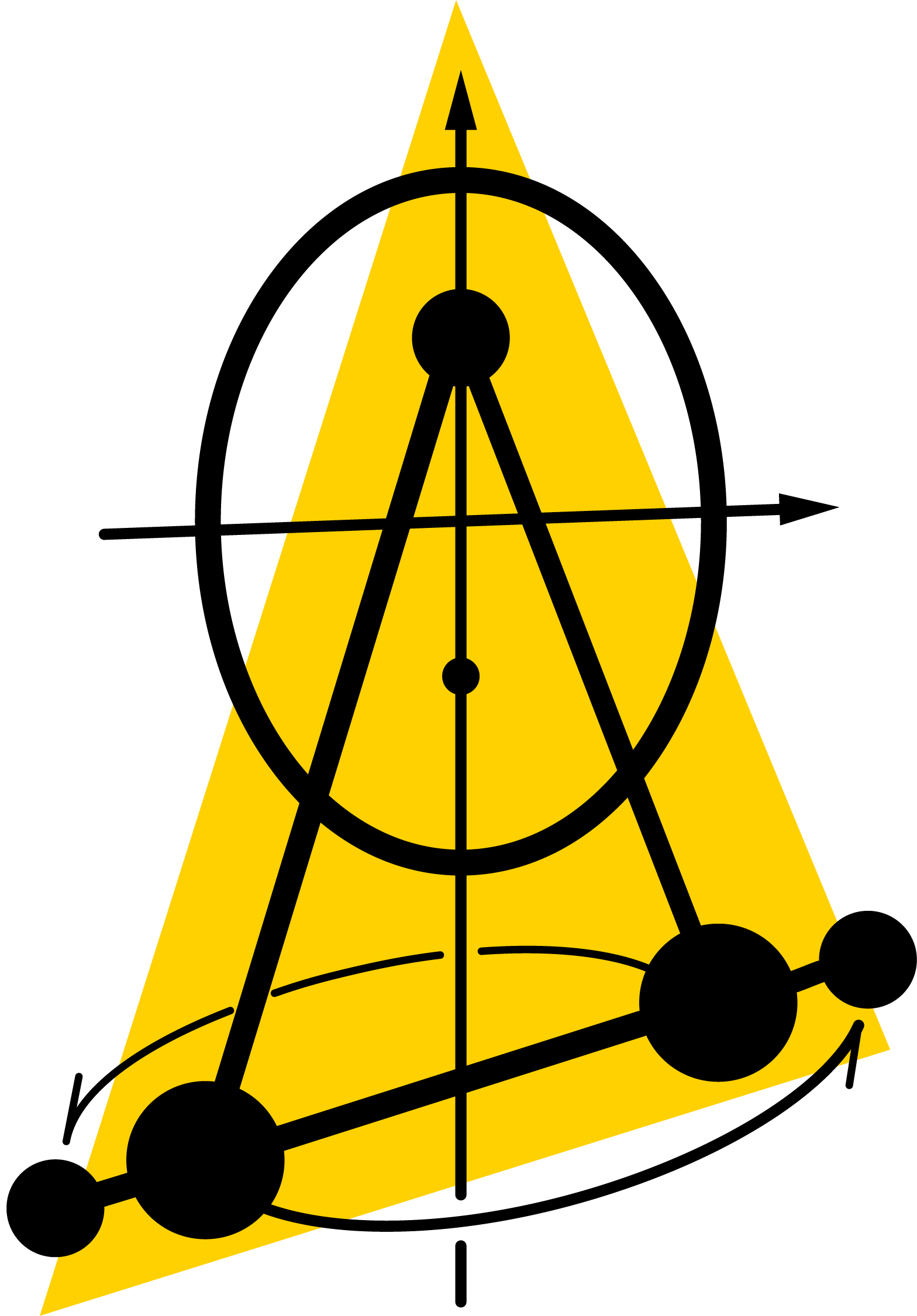Applied Mathematics and Computational Science
M.Sc & Ph.D.
Overview
Applied Mathematics and Computational Science curriculum develops academic excellence in research that integrates mathematics, computer science, and other disciplines to create international academic advancement in applied mathematics and computational science. It offers a variety of research fields that provide students with the foundational knowledge they need to succeed in their future endeavors. Graduates can apply this knowledge to their future careers in academia, industry, business, and finance or in further studies at an advanced degree level.
Academics
The Master’s degree in AMCS requires 42 credits over a period of 2 academic years. There are two study plans: the first plan, A1, consists solely of thesis credits totaling 42 credits. The second plan A2 is divided into mandatory courses worth 12 credits and selective courses worth 12 credits, with the remaining 18 credits allocated to thesis credits. See details from the department website.
M. Sc. Program | Plan A1 | Plan A2 |
Total credits | 42 | 42 |
Registered courses | – | 24 |
– Mandatory courses | – | 12 |
– Elective courses | – | 12 |
Thesis credits | 42 | 18 |
The Ph. D. degree in AMCS offers four study plans: Plan 1.1 and Plan 2.1 require 60 credits over 3 academic years, while Plan 1.2 and Plan 2.2 require 72 credits over 4 academic years. See details from the department website.
| Ph. D. Program | Plan 1.1 | Plan 1.2 | Plan 2.1 | Plan 2.1 |
|---|---|---|---|---|
| Total credits | 60 | 72 | 60 | 72 |
| Registered courses | – | – | 12 | 24 |
| – Mandatory courses | – | – | – | 12 |
| – Elective courses | – | – | 12 | 12 |
| Thesis credits | 60 | 72 | 48 | 48 |
Double-Degree Master’s Program in Computational Science with Kanazawa University, Japan (2012-Present)
MOU – Agreement
Application (schedule, documents): See guideline DDP (PDF)
Application Form and important dates
CU interview
KU oral exam (interview through Skype with KU Professors)
Confirm of enrollment
Tuition fee and scholarship (CU/KU)
Tuition fee and regulation
CU tuition fee scholarship
KU partial support scholarship
Study time (Semesters at CU and KU)
First year (Semesters 1 and 2) at Chulalongkorn University.
Second year (Semesters 1 and 2) at Kanazawa University.
Third Year (Semester 1) at Chulalongkorn University.
Transfer credits (course work, distance learning)
CU course work (24+18): 6 credits can be transferred from KU as 2 elective courses + 9 thesis credits as distance learning
Document of credits from KU (transcript + letter) are required for transfering the credits
Students register as CU regular students every semester.
Research/Thesis (KU topics, KU Professors)
CU and KU thesis are different (2 topic/2 thesis)
CU/KU provide document to confirm the different of thesis
Degree Completion (regulation)
Complete all requirements of both CU and KU.
Documents of expected of graduation is required from CU to KU.
Student study plan for CU students
Time at CU + course work
Semester 1: (Aug-Dec)
Course work: 2301520, 2301611, 2301xxx, 2301xxx, 2301xxx
Semester 2: (Jan-May)
Course work: 2301624, 2301xxx; Thesis work 6 credit
Time at KU + course work
Semester 1: (Sep-Mar) 4-6 course works
Semester 2: (Apr-Aug) 4-6 course works
Thesis work, seminar, distant learning
Seminar: 2301771, 2301772
Thesis credits:(<= 9 credits)
Progressive Seminar: Aug/Jan
Opportunities
The curriculum encourages students to participate in activities that promote the desired attributes of Chulalongkorn University graduates which include (1) critical thinking, (2) problem solving, (3) communication, (4) teamwork, (5) ethics and (6) social responsibility. It offers opportunities for internships with private organizations and research work with organizations that have signed memorandums of understanding (MOUs)
Graduates from applied mathematics and computational science have a plethora of exciting career paths available to them, thanks to the versatility of their skills in problem-solving, data analysis, and modeling. Here are some potential options across various industries.
- Quantitative Analyst (Quant): Develop and implement complex mathematical models for pricing financial instruments, managing risk, and making investment decisions.
- Risk Analyst: Design and analyze risk models for creditworthiness, market fluctuations, and operational inefficiencies in financial institutions.
- Algorithmic Trader: Use computational algorithms to automate trading strategies based on market data and quantitative analysis.
- Operations Research Analyst: Utilize optimization techniques to design efficient production processes, logistics networks, and resource allocation strategies.
- Inventory Planner: Apply optimization models to forecast demand, manage inventory levels, and optimize procurement processes.
- Supply Chain Analyst: Analyze and improve supply chain efficiency by optimizing transportation routes and warehouse operations.
- Computational Scientist: Apply optimization tools to solve complex problems in various fields like physics, chemistry, engineering design, and climate modeling.
Civil Engineer: Develop and utilize optimization models for designing transportation networks, infrastructure projects and building structures.
- Data Scientist: Collect, clean, analyze, and interpret large datasets to extract insights and build predictive models for various applications.
- Machine Learning Engineer: Develop and implement machine learning algorithms for tasks like image recognition, natural language processing, and recommendation systems.
- Data Analyst: Focus on analyzing and visualizing data to inform business decisions and solve specific problems in marketing, operations, or customer service.
- Operations Research Engineer: Combine data analysis with optimization models to solve complex problems related to customer service, marketing campaigns, and resource allocation.
- Healthcare Analyst: Analyze patient data and healthcare operations to identify trends, improve efficiency, and optimize resource allocation.
- Sustainability Consultant: Develop and implement optimization strategies to minimize environmental impact, optimize energy usage, and manage resources sustainably.
- Game Developer: Use optimization techniques to create realistic game physics, AI-powered characters, and resource management systems.

